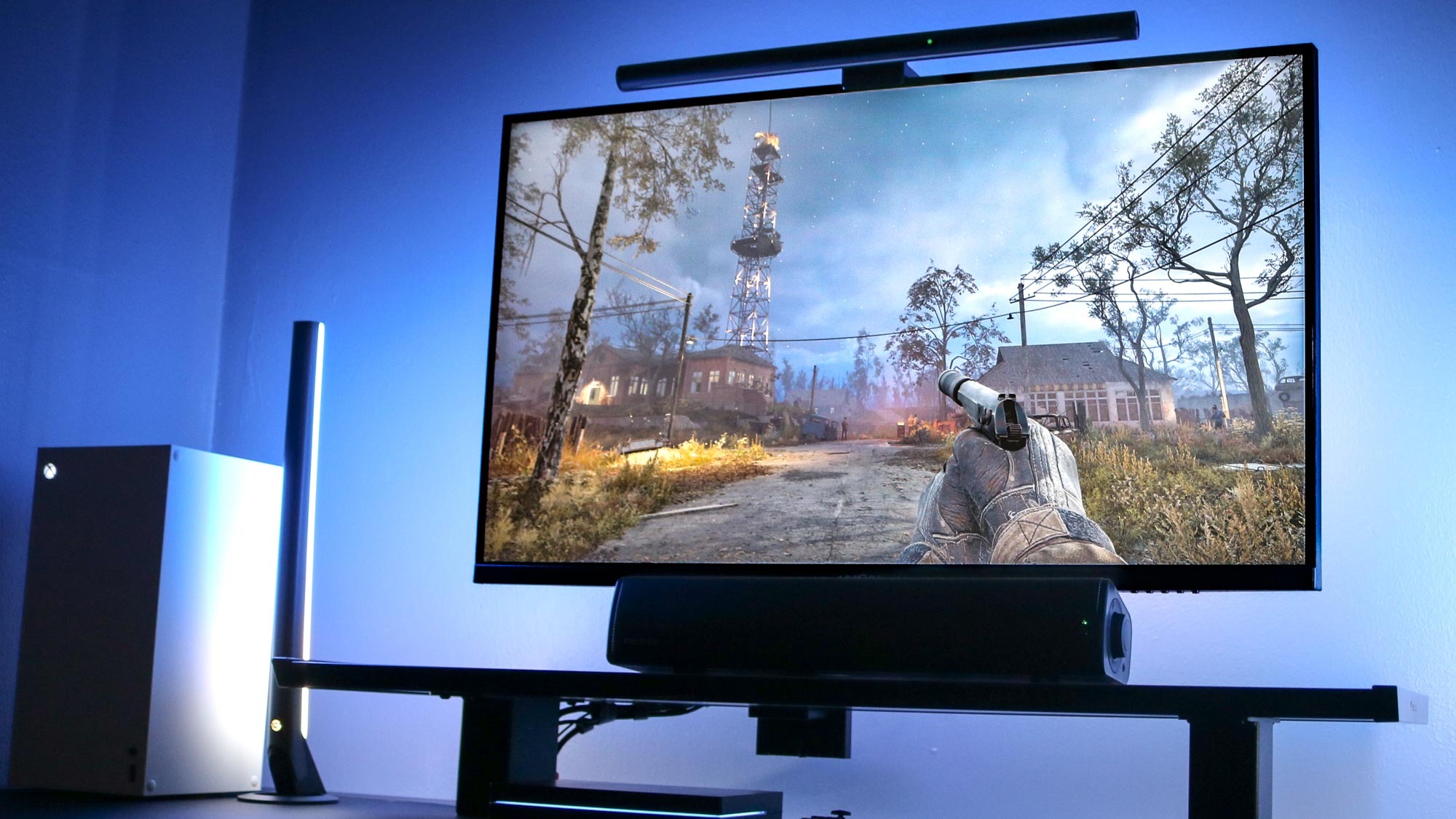
In the wake of the shocking death of former One Direction singer Liam Payne , we are reassessing the insufferable pressure we put on pop stars. Boybands Forever , the new documentary from Louis Theroux’s production company, couldn’t be more timely. The recent tragedy gives the film an added edge of unease.
Over three episodes, the series explores the experiences of the young men in the biggest bands of the decade – Take That , East 17, Blue, Five, 911 and Damage – who were hurled onto the world stage and turned into commodities by powerful managers . This first episode might be a dive into 90s nostalgia, but don’t expect a comforting wallow. Setting out its grim stall from the start, it opens with 2015 footage of Brian Harvey from East 17 smashing his gold discs in the street as he rants about the music industry and where it has left him.
The camera cuts to present-day Robbie Williams , wincing as he watches the footage on a laptop from his home in Gstaad, Switzerland. “Could that have happened to me?” he ponders. “Yeah, and worse.
” The access this documentary has to the main players is impressive, particularly the interviews with the managers who you might imagine would rather not talk about their roles in – some would say – exploiting youngsters with little agency. Former pop stars appear alongside knowledgeable commentators such as music journalist Siân Pattenden and presenter Jayne Middlemiss, intercut with the images we’re all familiar with: tearful girls clinging to railings, mouthing “I love you”, eyes burning with longing. Martin Fuller’s intelligent direction builds up a picture of unhealthy obsession and, behind the scenes, sometimes suffocating control.
This opener revolves around the emergence of northern boys Take That and their London rivals, East 17. The most interesting segments are given over to interviews with Williams and former Take That manager Nigel Martin-Smith, their two realities politely competing as Fuller cuts between them. Williams remembers being lonely, wounded and unable to learn the routines.
Martin-Smith just recalls him “behaving like a dickhead”. The tension at the heart of the band/manager relationship is made clear: when does “being protective” become taking total control? And what happens when the protégés are cut loose? Williams recalls Martin-Smith’s threat to replace him with “another brown-haired lad from Stoke” if he didn’t fall into line; his subsequent descent into drink and drugs is well documented. While Martin-Smith complained that hindsight painted him as an “ogre” and a “puppet master”, he seemed defensive rather than reflective.
It’ll be interesting to see how other pop impresarios later in the series talk about their own part in the lives of their protegees, particularly in light of the latest tragedy. Read Next 'We signed for £1m - then got £125 a week': The brutal reality of 90s boybands Archive footage (accompanied by Craig Parkinson’s nicely judged and economic narration) shows Williams and his bandmates looking tired in green rooms, kissing hungry girls hanging over barriers, being bundled in and out of cars besieged by fans. It really gets across the claustrophobia and panic as the new celebrities realise they are on a ride they can’t easily jump off.
Meanwhile in London, Tom Watkins, manager of Bros and Pet Shop Boys plucked East 17 from Walthamstow’s streets and took charge of their destiny. They were a grittier combo with a talent for rapping and street dance, and - just as Take That had Gary Barlow - included one member with serious songwriting ability, Tony Mortimer. While Harvey was absent from the documentary, the other band members – Mortimer, Terry Coldwell and John Hendy - recounted their experiences as the edgier offering to market.
Watkins (who died in 2020) booked them an interview slot on Channel 4’s late-night cesspit, The Word , a place no other self-respecting boyband would have found themselves. The temptation to rose-tint the past was side-stepped here in favour of a genuine curiosity about dark side of fame. The series overall does draw some hopeful conclusions about rehabilitation and the mending of old rifts and with boybands like sunny K-Pop-inspired Dear Alice are on the rise again, I can only hope that this unhealthily pressured model of pop stardom is extinct.
‘ Boybands Forever ‘ continues next Saturday at 9.25pm on BBC Two.














